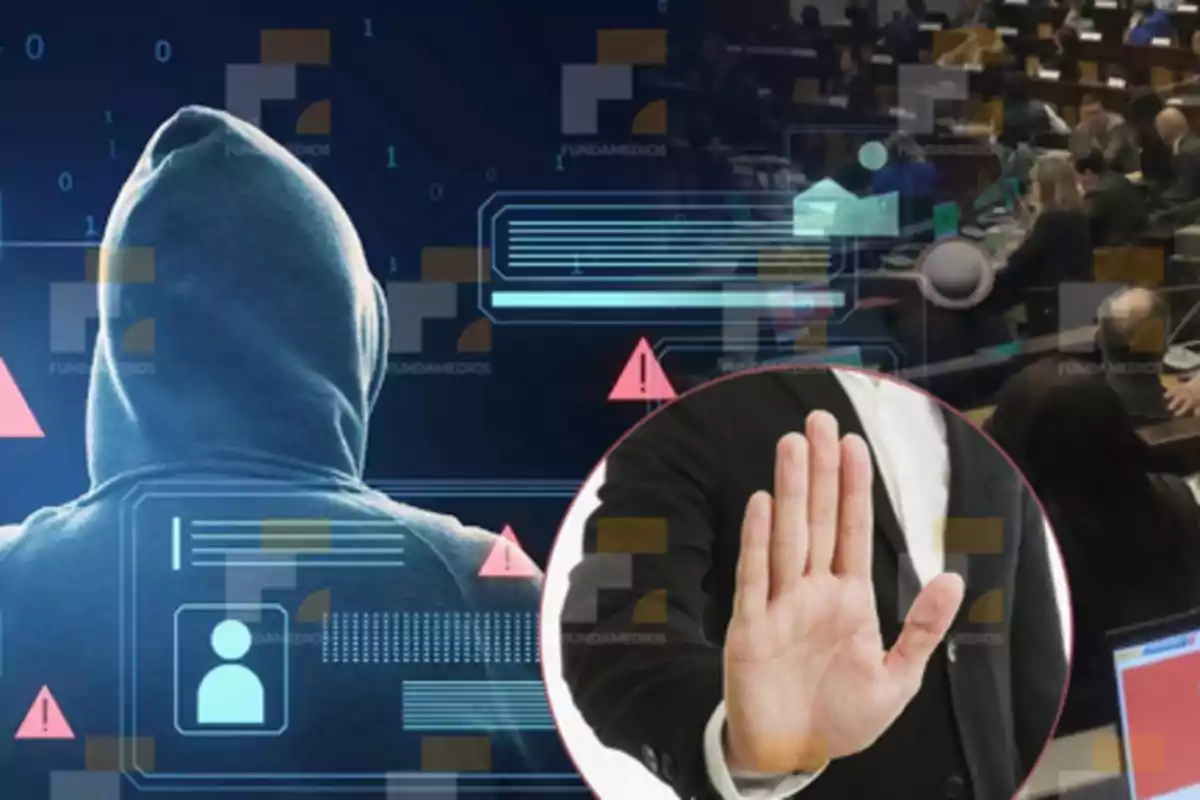
The new Intelligence Law redefined surveillance in Ecuador
The Strategic Intelligence Center now has broad powers
The entry into force of the new Intelligence Law has transformed the structure of state surveillance in Ecuador. The Strategic Intelligence Center (CIES), led by Michele Sensi-Contugi, has assumed new responsibilities with expanded legal support. This organization is positioned as the governing body of the country's intelligence operations, establishing formal channels of coordination among various state institutions.
CIES coordinates seven intelligence subsystems, ranging from military to tax, and has the authority to carry out strategic and tactical operations. In addition, it can issue binding directives for public entities involved in information collection and analysis activities, thereby strengthening a centralized command structure.
One of the most controversial points is access to citizens' information without a court order. The law allows requests for data from telephone companies and natural or legal persons, including geolocation, digital connections, and technical records. This access can even be carried out preventively, which has raised concerns among digital rights advocacy groups.
The use of undercover techniques such as the creation of false identities and social mimicry has also been authorized. These practices include infiltration into social networks and active participation in virtual communities to obtain information. According to experts, these powers could put privacy and civil rights at risk if they are not applied with clear controls and accountability mechanisms.

The regulation expressly prohibits obtaining information for reasons of ethnicity, religion, politics, or sexual orientation. Minors may not be used in intelligence or counterintelligence operations either. Any violation of these restrictions will be considered a serious offense, subject to administrative and criminal sanctions.
The new provisions have reignited the debate over the boundaries between security and essential rights. Civil organizations have called for greater transparency and oversight to prevent abuses in the use of these powers. They have also requested the creation of an autonomous body responsible for supervising intelligence activities from a human rights perspective.
The Intelligence Law represents a structural change in the management of state security.Its implementation will require citizen oversight to prevent control mechanisms from becoming instruments of abuse. This scenario presents a democratic challenge regarding the balance between national security and the preservation of individual freedoms.
More posts: